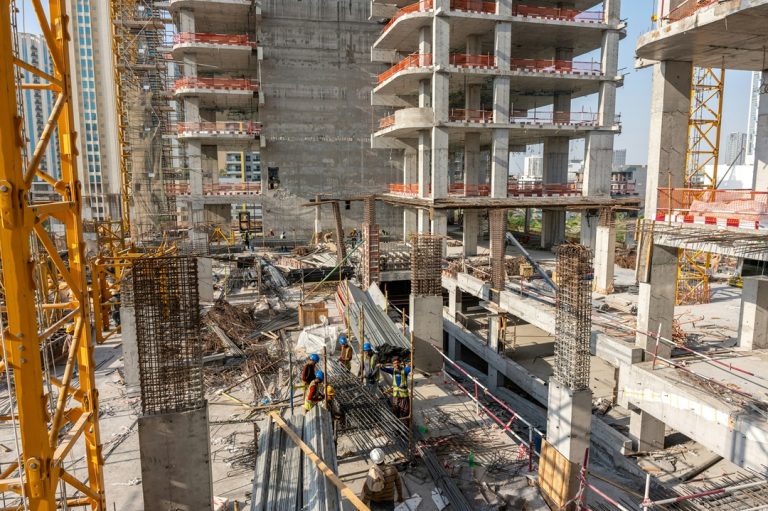Who is an acoustic consultant
An acoustic consultant is a specialist who understands how sound and vibration behave in buildings, infrastructure, and the environment, and advises clients on how to control them.
You’ll find them working on all sorts of built-environment projects like theaters, cinemas, schools, hotels, offices, hospitals, residential buildings, industrial, and even large-scale infrastructure.
Put simply: an acoustic consultant makes sure a space sounds right, feels comfortable, and avoids noise issues that could impact people, projects, or business outcomes.
What does an acoustic consultant do
Their work often involves carrying out detailed noise and vibration surveys with precision instruments, recommending noise reduction solutions, shaping the acoustic design of environments such as schools, performance venues, and workplaces, testing sound insulation, and applying acoustic modeling tools to forecast and evaluate how sound will behave within buildings or across larger developments.
In practice, that means they:
- Assess sound and vibration using measurement tools.
- Predict how noise will travel or build up using modeling and calculations.
- Design spaces so that speech, music, or ambient sound is clear and comfortable.
- Solve problems with noise, vibration, or poor acoustics before they cause disputes, delays, or costly rework.
- Support compliance with regulations and standards.
How much does an acoustic consultant cost
Here are key factors that affect what a consultant costs:
- Scope / size of the project (area, number of rooms, indoor vs outdoor, structural complexity)
- Type of work: simple noise/vibration measurement, full architectural acoustics, noise control design, modeling, testing, inspections, report writing
- Deliverables required: e.g. sketches, CAD/BIM drawings, simulation/3D acoustic modelling, insulation testing, certification
- Level of expertise: junior acoustician vs senior consultant or specialist
- Equipment & travel: site visits, specialized measurement gear, access constraints
- Regulatory or client requirements (e.g. stringent standards, approvals, long reports)
How much does an acoustic consultant make
Having knowledge in a specialist engineering discipline can command slightly higher levels of salary than main discipline roles (i.e. MEP, Structural, Civil Engineers) however this does depend on several factors.
Here are the main levers that change how much acoustic consultants make:
- Experience level & seniority — Junior/senior consultants; leading teams or just doing surveys.
- Type of projects — Complex acoustics (theatres, auditoria, large infrastructure) tends to pay more than simpler work.
- Specialization — For example, vibration, low-frequency acoustics, noise control modeling, or strict regulatory environments.
- Employer type — Large international consultancies or specialist firms tend to pay more than smaller boutique firms.
- Location / cost of living — Pay in Dubai/London/San Francisco will generally be higher than in smaller cities or in places with lower cost of living.
- Additional responsibilities — Managing staff, business development, client liaison, certifications etc. can bump up pay.
How to become an acoustic consultant
To become an acoustic consultant, you typically need a degree in a relevant field. The most direct route would be a specific acoustics degree, or one containing significant content of acoustics modules such as audio technology. A more indirect route could be a related degree like engineering or physics with a post-graduate diploma, like the ones offered by the UK Institute of Acoustics (IOA).
Acoustic consultants gain technical skills in acoustic calcaultions, noise modeling software and sound measurement tools, develop strong soft skills such as communication and report writing, and potentially pursue professional certifications and memberships in organizations like the IOA, Acoustical Society of America and Australian Acoustical Society.
You can also become a Chartered Engineer through the IOA.
Let us know if you have any questions on the above by getting in touch!






